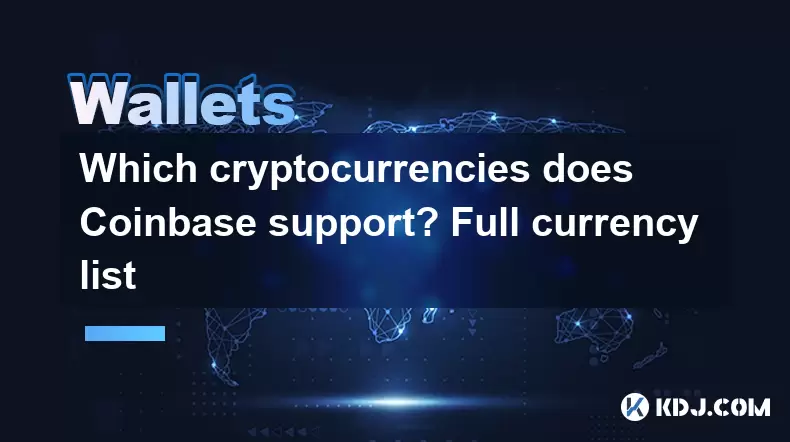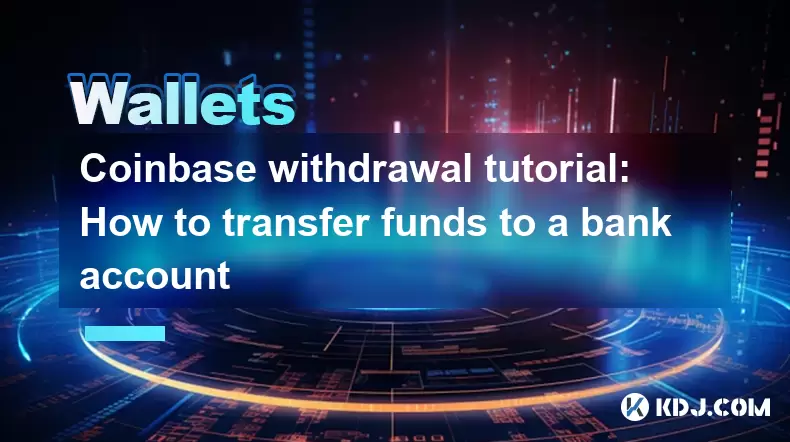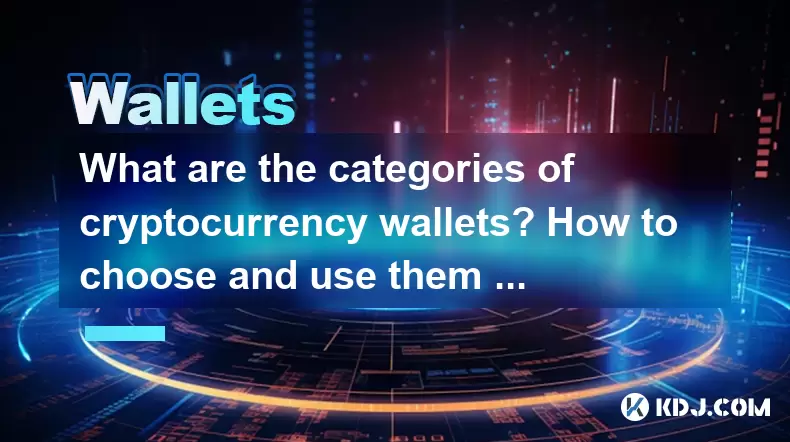-
 Bitcoin
Bitcoin $107,352.1067
0.28% -
 Ethereum
Ethereum $2,429.3531
-0.90% -
 Tether USDt
Tether USDt $1.0001
-0.02% -
 XRP
XRP $2.1894
4.62% -
 BNB
BNB $646.7968
0.36% -
 Solana
Solana $147.4290
4.03% -
 USDC
USDC $0.9998
-0.02% -
 TRON
TRON $0.2756
1.52% -
 Dogecoin
Dogecoin $0.1630
1.14% -
 Cardano
Cardano $0.5612
1.18% -
 Hyperliquid
Hyperliquid $37.0580
-0.05% -
 Bitcoin Cash
Bitcoin Cash $496.9410
-0.09% -
 Sui
Sui $2.7318
3.19% -
 Chainlink
Chainlink $13.1503
0.58% -
 UNUS SED LEO
UNUS SED LEO $9.0766
0.55% -
 Avalanche
Avalanche $17.7220
1.46% -
 Stellar
Stellar $0.2380
1.52% -
 Toncoin
Toncoin $2.8439
0.38% -
 Shiba Inu
Shiba Inu $0.0...01143
1.84% -
 Litecoin
Litecoin $85.8053
1.47% -
 Hedera
Hedera $0.1483
2.70% -
 Monero
Monero $314.3240
2.12% -
 Bitget Token
Bitget Token $4.6725
0.77% -
 Dai
Dai $1.0000
0.00% -
 Polkadot
Polkadot $3.3555
1.28% -
 Ethena USDe
Ethena USDe $1.0001
0.02% -
 Uniswap
Uniswap $7.0890
2.64% -
 Pi
Pi $0.5355
-3.40% -
 Pepe
Pepe $0.0...09393
1.06% -
 Aave
Aave $256.8136
-1.90%
Is Bitcoin address same as wallet address?
Bitcoin addresses are public identifiers for receiving Bitcoin, while wallets securely store private keys needed to access and manage your funds.
Mar 31, 2025 at 10:22 pm

Bitcoin addresses and wallet addresses are often used interchangeably, leading to confusion. This article clarifies the relationship between them, explaining their differences and how they function within the Bitcoin ecosystem.
Understanding Bitcoin Addresses
A Bitcoin address is a unique identifier used to receive Bitcoin. It's a string of alphanumeric characters, similar to an email address, but specifically designed for the Bitcoin network. Think of it as your publicly visible postal address for receiving Bitcoin. You can share your Bitcoin address freely without compromising your security. Multiple addresses can be generated from a single wallet.
Understanding Bitcoin Wallets
A Bitcoin wallet is software or hardware that stores your private keys. These private keys are crucial for accessing and controlling your Bitcoin. The wallet manages your Bitcoin addresses, allowing you to generate new ones as needed. It's the secure container that holds your Bitcoin and allows you to send and receive them. Without your private keys, you cannot access your Bitcoin.
The Key Difference: Public vs. Private
The core difference lies in the nature of the information they represent. A Bitcoin address is public, like your email address. You can share it with anyone to receive payments. Your wallet, however, contains your private keys, which are secret and must be kept confidential. These keys are what authorize transactions. Revealing your private keys is equivalent to giving someone complete control over your Bitcoin.
How They Work Together
Your Bitcoin wallet generates Bitcoin addresses. Each address is linked to your wallet through your private keys. When someone sends Bitcoin to one of your addresses, the transaction is recorded on the blockchain. Only you, with your corresponding private key, can spend the Bitcoin received at that address. Think of it like this: your wallet is your bank account, and your addresses are the account numbers you provide to receive funds.
Generating Multiple Addresses
A single Bitcoin wallet can generate multiple Bitcoin addresses. This is a crucial security feature. Using a new address for each transaction enhances your privacy and security by limiting the amount of information linked to a single address. It makes tracking your transactions more difficult for anyone trying to monitor your activity.
Security Considerations
Never share your private keys with anyone. Compromised private keys mean loss of your Bitcoin. Always keep your wallet software updated and use strong passwords. Consider using a hardware wallet for enhanced security, as it stores your private keys offline.
Types of Bitcoin Wallets
There are various types of Bitcoin wallets, each with its own security features and level of accessibility:
- Software wallets: These are applications installed on your computer or mobile device.
- Hardware wallets: These are physical devices that store your private keys offline.
- Paper wallets: These are printed documents containing your public and private keys.
- Web wallets: These are online wallets provided by third-party services.
Choosing the right wallet depends on your technical skills and security preferences. Research thoroughly before selecting a wallet.
The Blockchain's Role
The Bitcoin blockchain records all transactions. When you send or receive Bitcoin, the transaction details, including the sending and receiving addresses, are added to the blockchain. This provides transparency and verifiability for all transactions. However, the blockchain does not reveal your personal identity; it only shows the addresses involved.
Privacy and Anonymity
While Bitcoin transactions are recorded on the public blockchain, they are not necessarily anonymous. Sophisticated analysis can potentially link addresses to individuals. Using multiple addresses and employing privacy-enhancing techniques can help mitigate this risk.
Frequently Asked Questions
Q1: Can I use the same Bitcoin address multiple times?
A1: Yes, you can reuse a Bitcoin address. However, it's generally recommended to use a new address for each transaction to enhance privacy.
Q2: What happens if I lose my private keys?
A2: If you lose your private keys, you lose access to your Bitcoin. There's no way to recover them. Always back up your private keys securely.
Q3: Is a Bitcoin address the same as a public key?
A3: No, a Bitcoin address is derived from a public key using cryptographic hashing. The public key is a longer string of characters, while the address is a shortened, user-friendly version.
Q4: How many Bitcoin addresses can I generate from one wallet?
A4: Most wallets allow you to generate an unlimited number of Bitcoin addresses.
Q5: Are all Bitcoin addresses the same length?
A5: Yes, Bitcoin addresses typically have a consistent length, although the exact number of characters might vary slightly depending on the encoding scheme used. However, they always follow a specific format.
Q6: Can I transfer Bitcoin from one address to another without using a wallet?
A6: No. You need a wallet with the corresponding private key to authorize and initiate the transaction from a Bitcoin address.
Q7: What if I send Bitcoin to the wrong address?
A7: Once a transaction is confirmed on the blockchain, it's irreversible. Sending Bitcoin to the wrong address means you've lost your funds. Double-check addresses carefully before sending transactions.
Q8: Are there different types of Bitcoin addresses?
A8: Yes, there are different address formats, such as P2PKH (Pay-to-Public-Key-Hash) and Bech32 (a newer, more efficient format). Most wallets will automatically handle this for you.
Disclaimer:info@kdj.com
The information provided is not trading advice. kdj.com does not assume any responsibility for any investments made based on the information provided in this article. Cryptocurrencies are highly volatile and it is highly recommended that you invest with caution after thorough research!
If you believe that the content used on this website infringes your copyright, please contact us immediately (info@kdj.com) and we will delete it promptly.
- Ripple, CEO, and the XRP ETF Buzz: What's Next?
- 2025-06-29 00:30:13
- Ripple (XRP) and Crypto Analysis: Navigating Trends and Insights
- 2025-06-29 00:30:13
- Aave Price Bull Rally: Can AAVE Defend Its Critical Support Zone?
- 2025-06-29 00:50:12
- BlockDAG, Avalanche, Airdrop: Shaking Up the Crypto Scene with Innovative Strategies
- 2025-06-29 00:50:12
- Ethereum to $10,000? Crypto Analysts Weigh In on ETH's Ambitious ATH
- 2025-06-29 00:35:12
- Zilliqa 2.0: EVM Support and Protocol Overhaul Usher in a New Era
- 2025-06-29 01:10:13
Related knowledge

How to stake cryptocurrencies on Coinbase? Benefits and risks
Jun 27,2025 at 06:36pm
Understanding Cryptocurrency Staking on CoinbaseStaking cryptocurrencies involves locking up digital assets to support the operations of a blockchain network, typically in return for rewards. Coinbase, one of the most popular cryptocurrency exchanges globally, offers staking services for several proof-of-stake (PoS) coins. Users can stake their holdings...

How to contact Coinbase customer service? Support channels and response times
Jun 28,2025 at 01:29pm
Contacting Coinbase Customer Service: Support Channels and Response TimesIf you're a user of Coinbase, reaching their customer service team may become necessary for various reasons, such as account verification issues, transaction disputes, or technical difficulties. Understanding the different support channels available and what to expect in terms of r...

Coinbase advanced trading function usage tutorial: limit orders and market orders
Jun 28,2025 at 09:07pm
Understanding the Difference Between Limit Orders and Market OrdersWhen using Coinbase's advanced trading features, it is crucial to understand the fundamental difference between limit orders and market orders. A market order executes immediately at the best available price on the market. This type of order ensures that your trade goes through quickly, ...

Which cryptocurrencies does Coinbase support? Full currency list
Jun 28,2025 at 08:36am
Overview of Cryptocurrencies Supported by CoinbaseCoinbase is one of the most popular and trusted cryptocurrency exchanges globally. It provides users with a platform to buy, sell, trade, and store various digital assets. As of the latest updates, Coinbase supports over 200 cryptocurrencies, including major ones like Bitcoin (BTC), Ethereum (ETH), and L...

Coinbase withdrawal tutorial: How to transfer funds to a bank account
Jun 28,2025 at 02:35am
Understanding Coinbase WithdrawalsCoinbase is one of the most widely used cryptocurrency platforms, allowing users to buy, sell, and store digital assets. Once you've successfully traded or held your crypto on Coinbase, the next logical step may be to withdraw funds to a bank account. This process involves converting your cryptocurrency into fiat curren...

What are the categories of cryptocurrency wallets? How to choose and use them safely?
Jun 21,2025 at 10:42pm
Understanding Cryptocurrency WalletsCryptocurrency wallets are essential tools for anyone involved in the digital asset ecosystem. They allow users to store, send, and receive cryptocurrencies securely. Unlike traditional wallets that hold physical money, crypto wallets manage cryptographic keys—private and public—which interact with blockchain networks...

How to stake cryptocurrencies on Coinbase? Benefits and risks
Jun 27,2025 at 06:36pm
Understanding Cryptocurrency Staking on CoinbaseStaking cryptocurrencies involves locking up digital assets to support the operations of a blockchain network, typically in return for rewards. Coinbase, one of the most popular cryptocurrency exchanges globally, offers staking services for several proof-of-stake (PoS) coins. Users can stake their holdings...

How to contact Coinbase customer service? Support channels and response times
Jun 28,2025 at 01:29pm
Contacting Coinbase Customer Service: Support Channels and Response TimesIf you're a user of Coinbase, reaching their customer service team may become necessary for various reasons, such as account verification issues, transaction disputes, or technical difficulties. Understanding the different support channels available and what to expect in terms of r...

Coinbase advanced trading function usage tutorial: limit orders and market orders
Jun 28,2025 at 09:07pm
Understanding the Difference Between Limit Orders and Market OrdersWhen using Coinbase's advanced trading features, it is crucial to understand the fundamental difference between limit orders and market orders. A market order executes immediately at the best available price on the market. This type of order ensures that your trade goes through quickly, ...

Which cryptocurrencies does Coinbase support? Full currency list
Jun 28,2025 at 08:36am
Overview of Cryptocurrencies Supported by CoinbaseCoinbase is one of the most popular and trusted cryptocurrency exchanges globally. It provides users with a platform to buy, sell, trade, and store various digital assets. As of the latest updates, Coinbase supports over 200 cryptocurrencies, including major ones like Bitcoin (BTC), Ethereum (ETH), and L...

Coinbase withdrawal tutorial: How to transfer funds to a bank account
Jun 28,2025 at 02:35am
Understanding Coinbase WithdrawalsCoinbase is one of the most widely used cryptocurrency platforms, allowing users to buy, sell, and store digital assets. Once you've successfully traded or held your crypto on Coinbase, the next logical step may be to withdraw funds to a bank account. This process involves converting your cryptocurrency into fiat curren...

What are the categories of cryptocurrency wallets? How to choose and use them safely?
Jun 21,2025 at 10:42pm
Understanding Cryptocurrency WalletsCryptocurrency wallets are essential tools for anyone involved in the digital asset ecosystem. They allow users to store, send, and receive cryptocurrencies securely. Unlike traditional wallets that hold physical money, crypto wallets manage cryptographic keys—private and public—which interact with blockchain networks...
See all articles

























































































